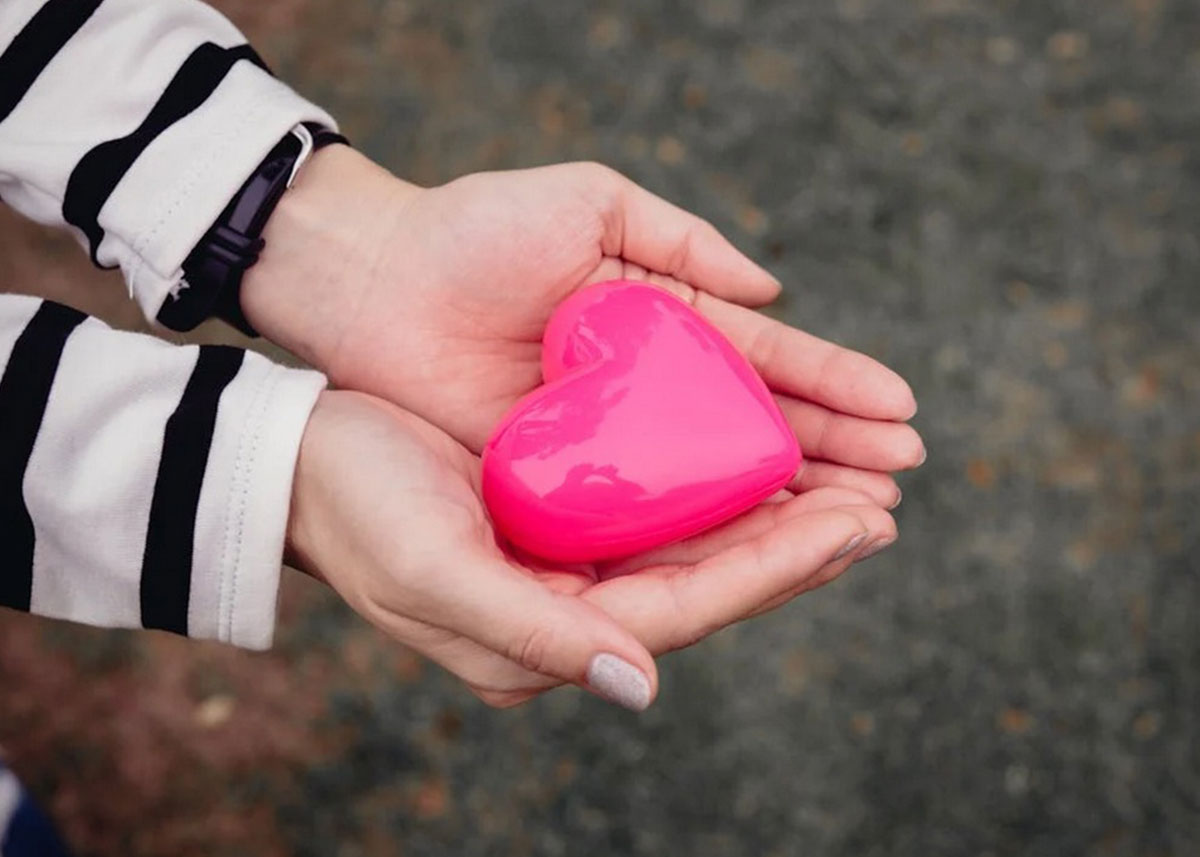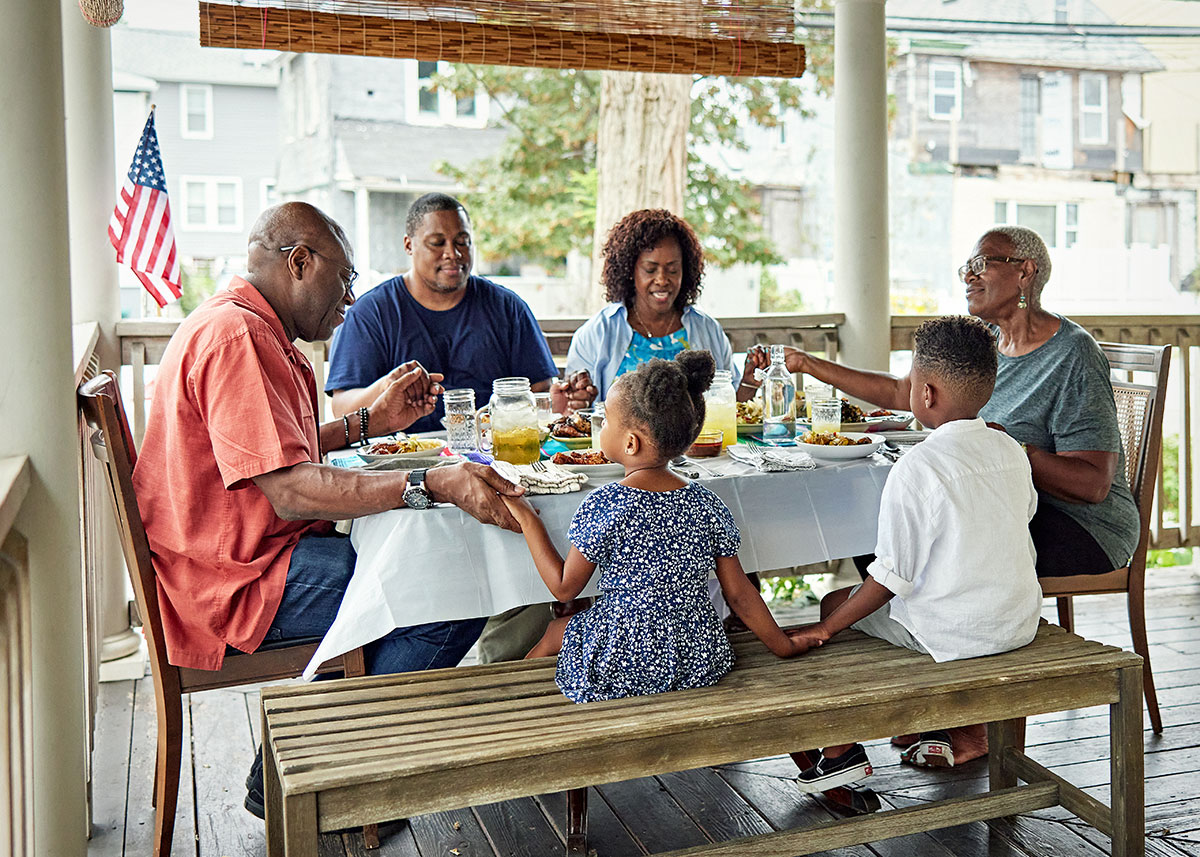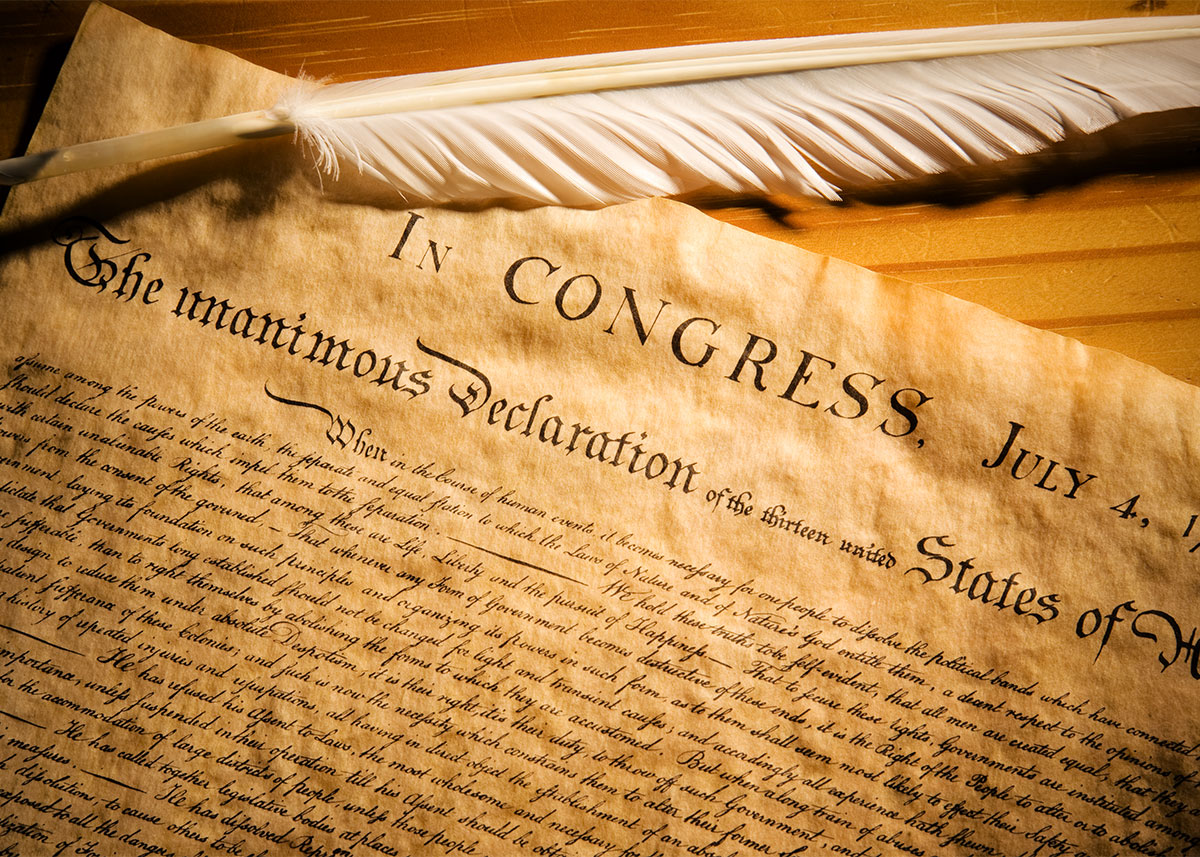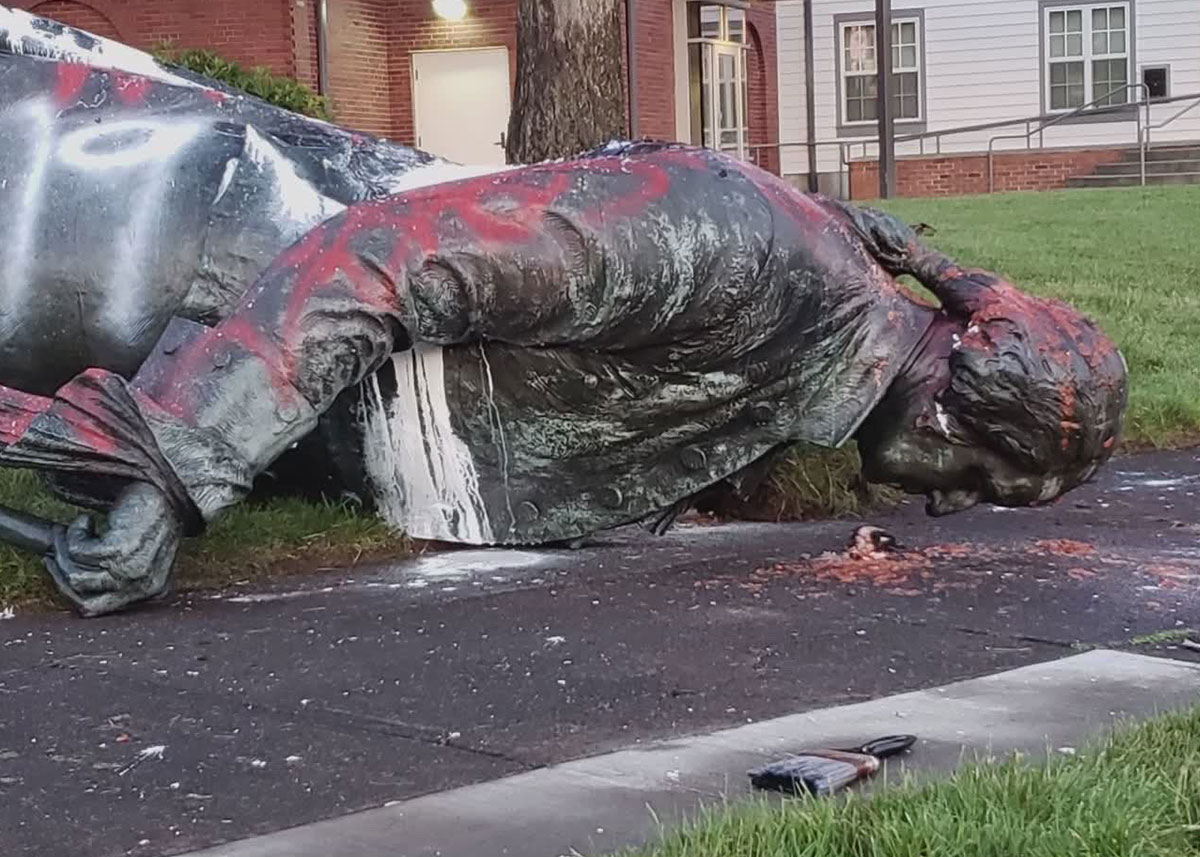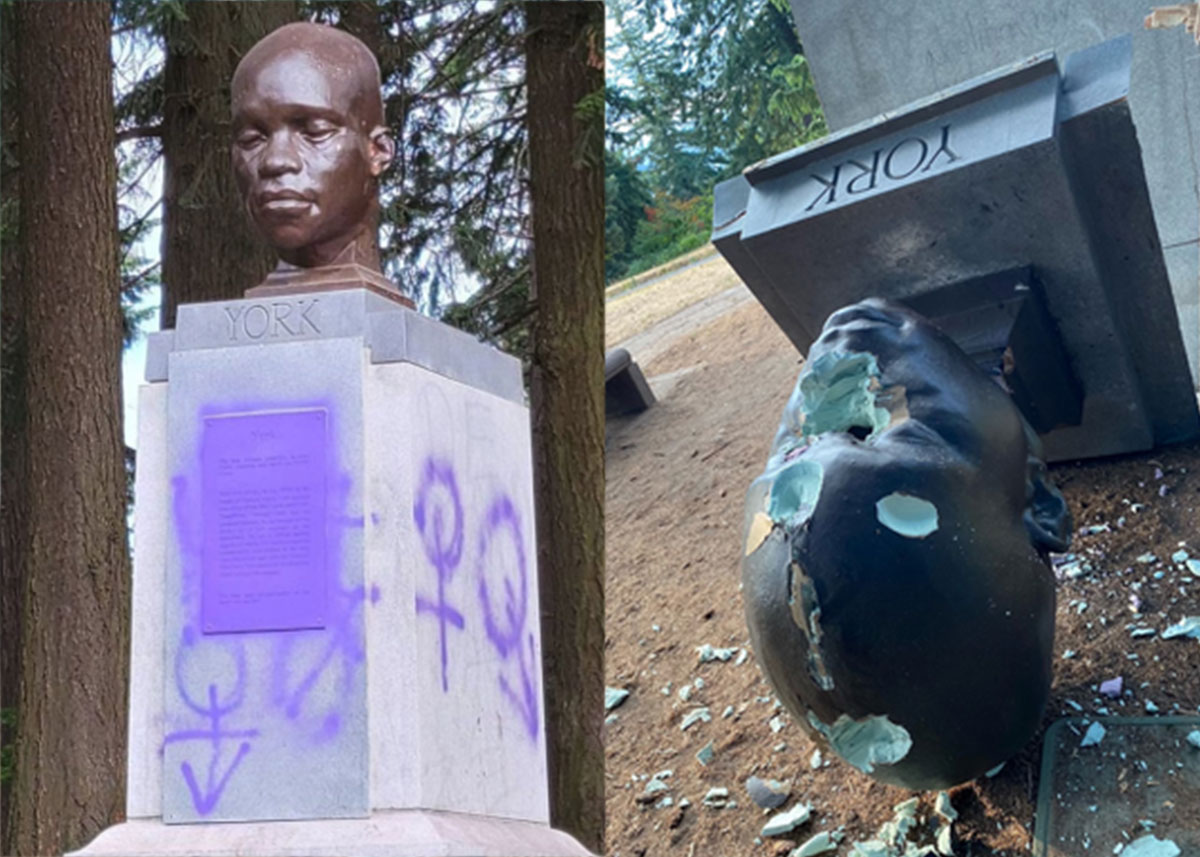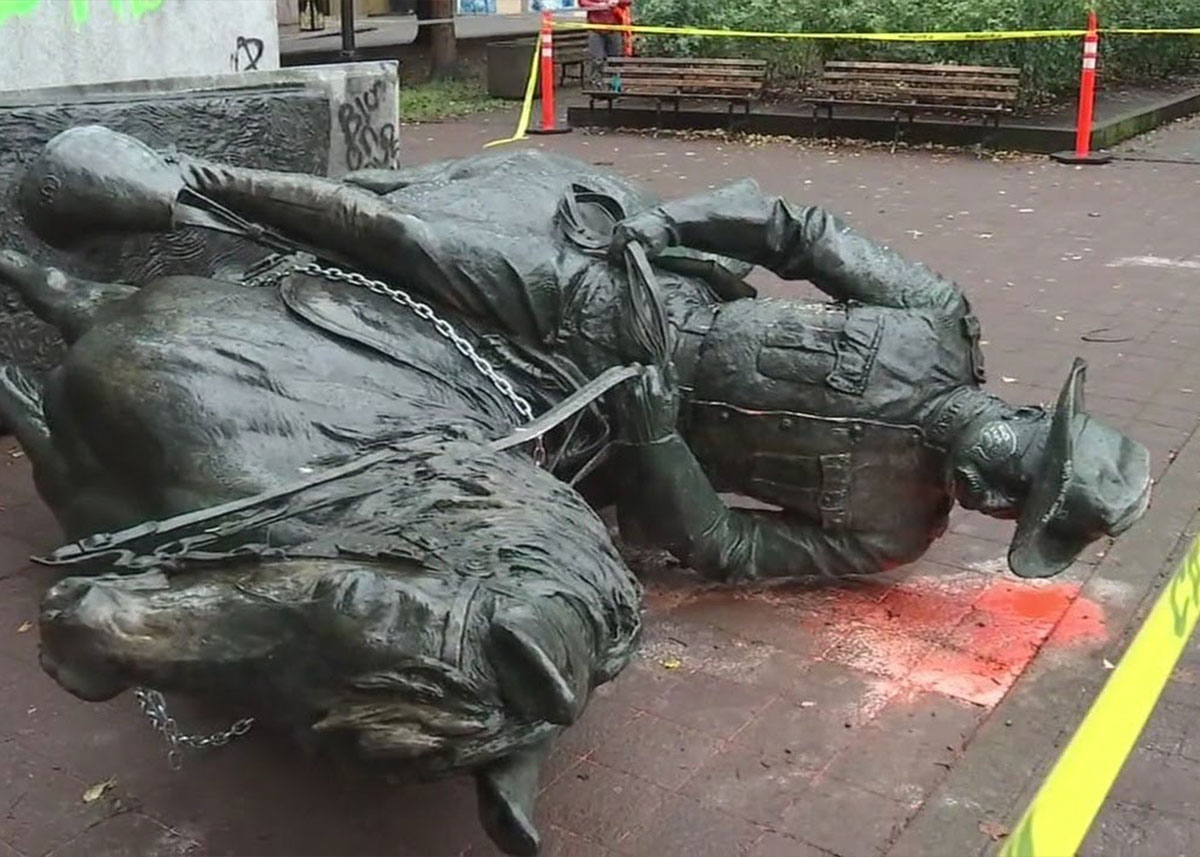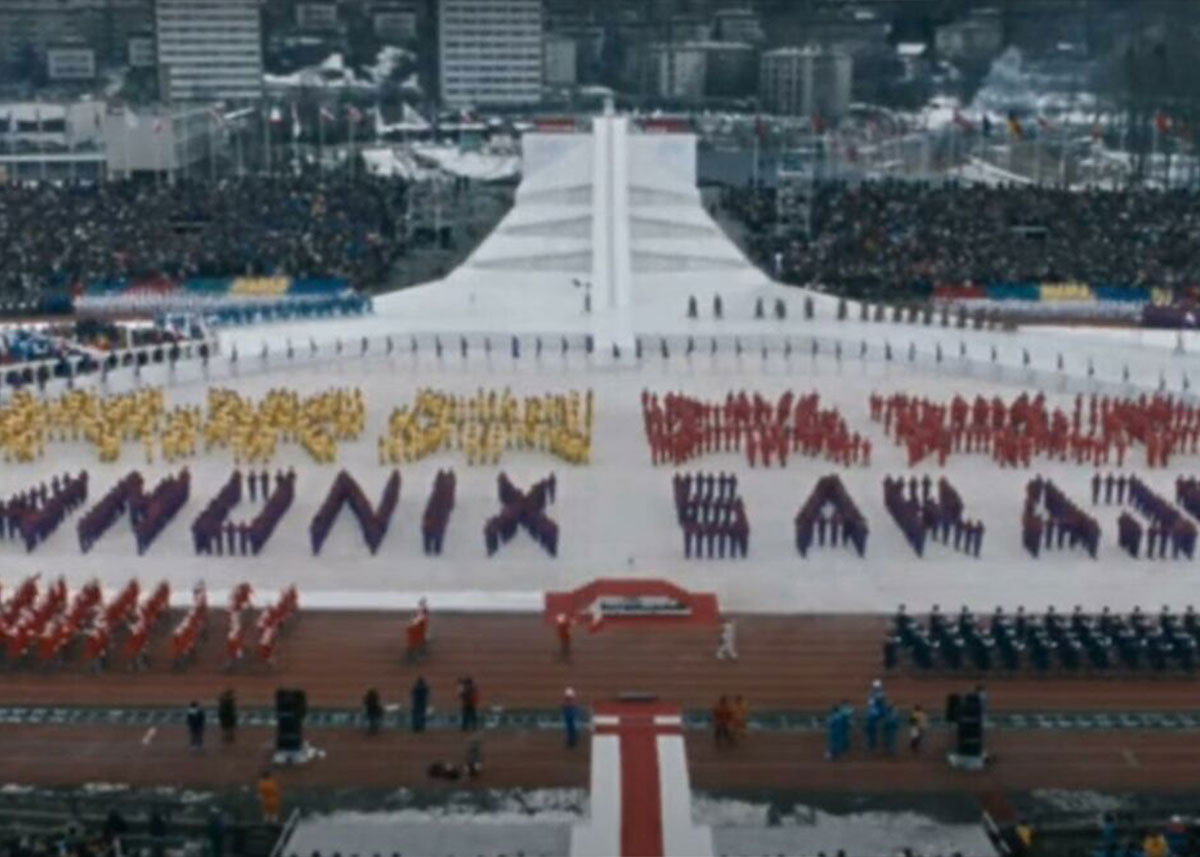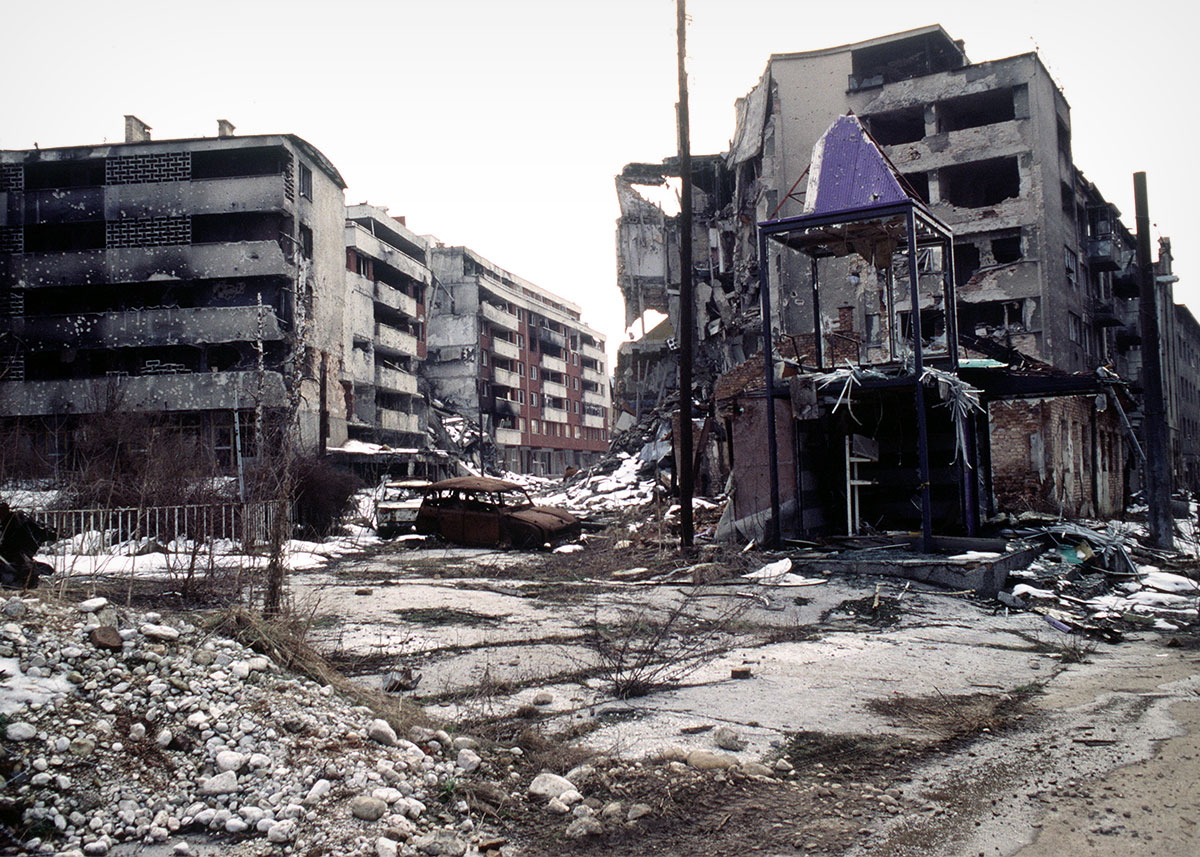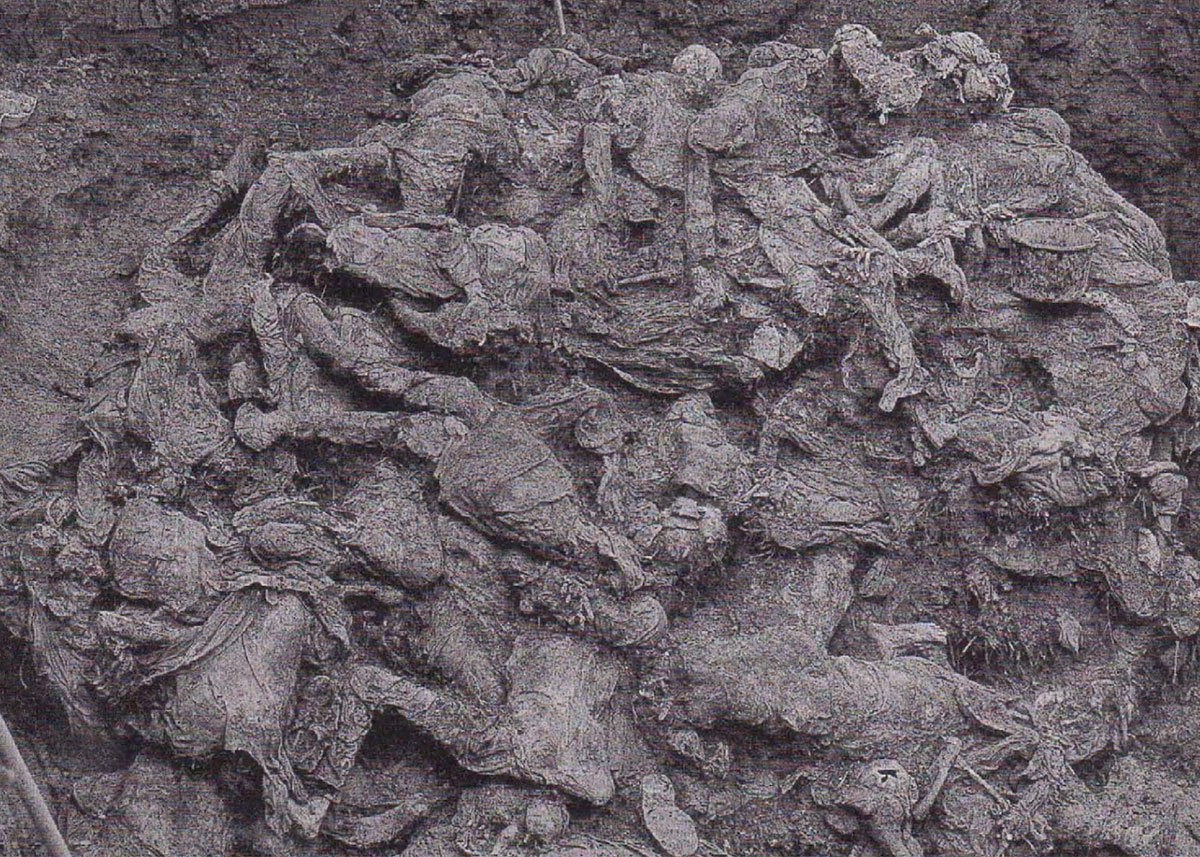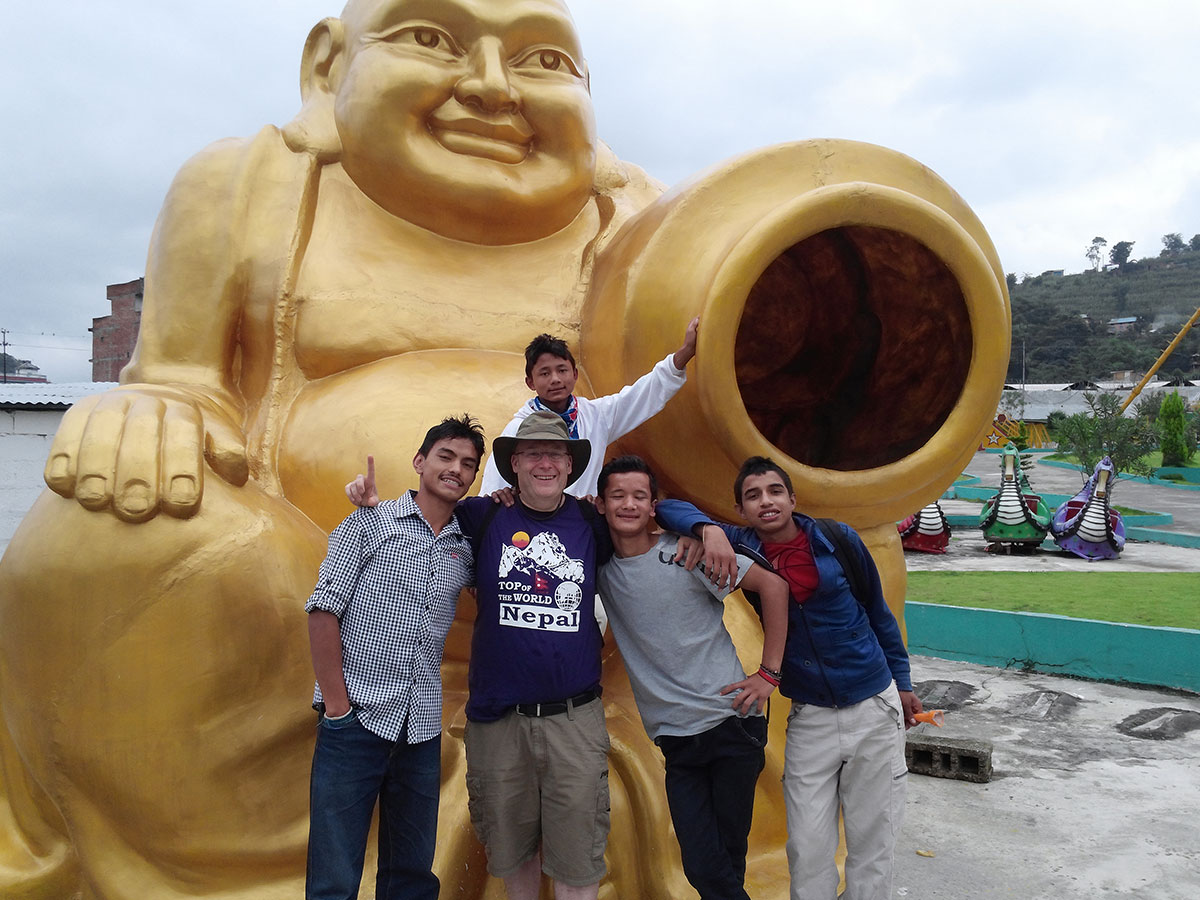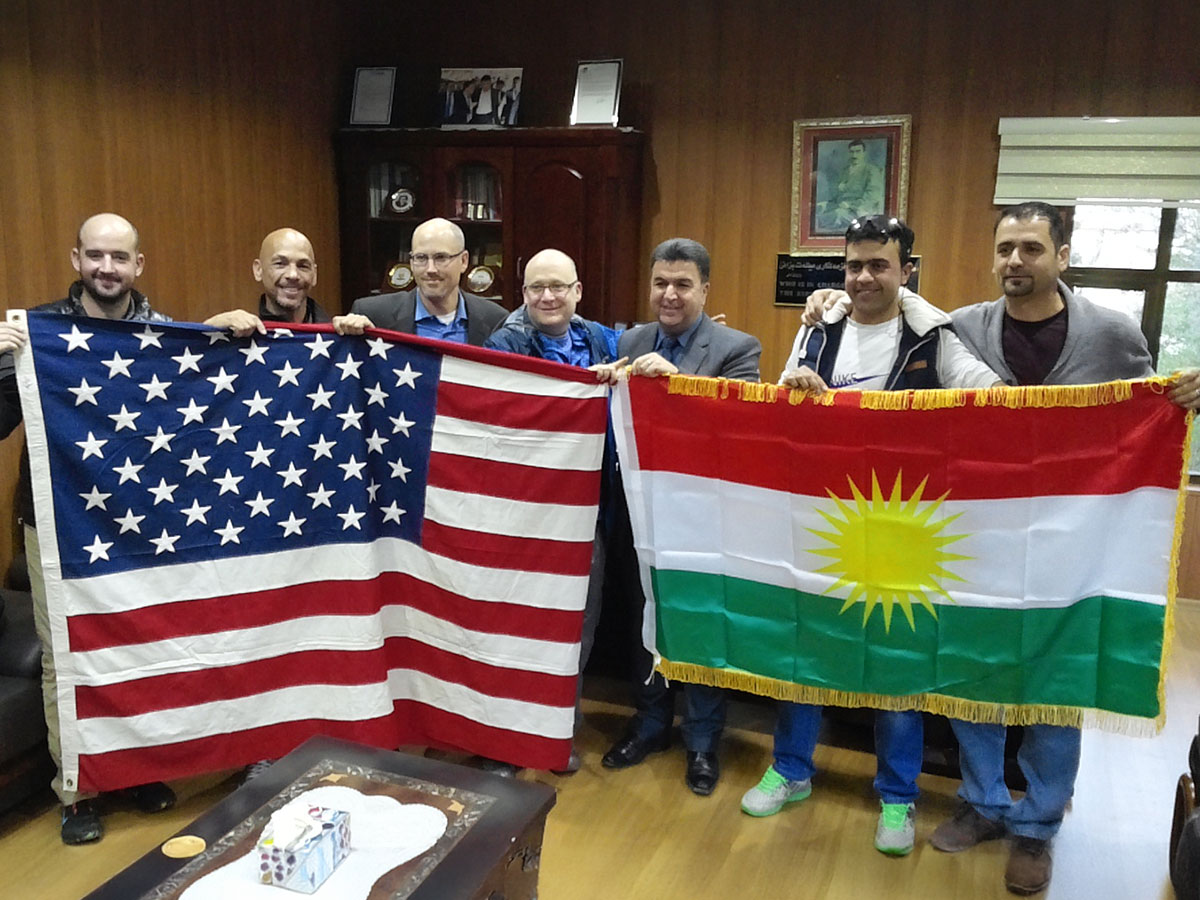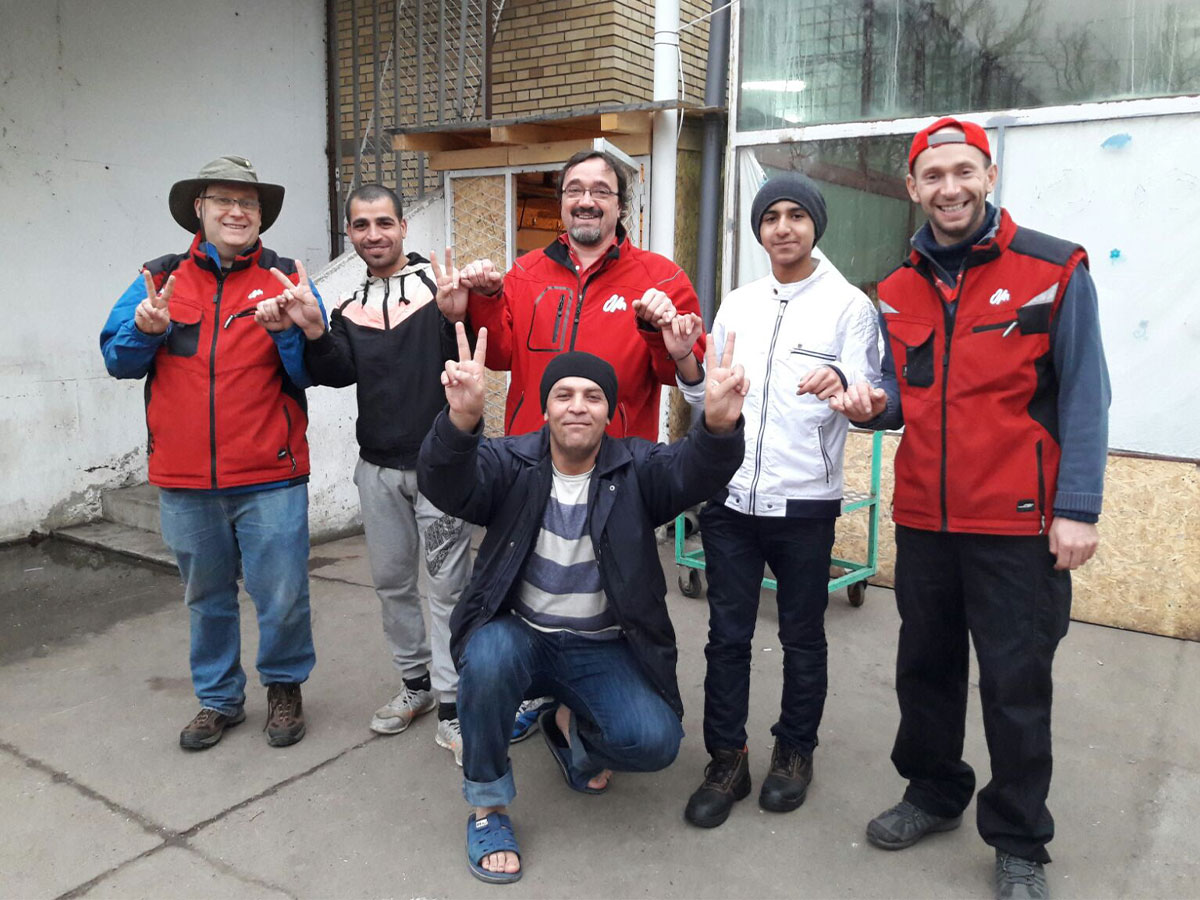#1
It’s time to give back
America has been good to us, and we owe it to her to return the favor. Remember, we have what we have today because a million veterans died on the battlefield. This Oregon Resolution is a way to give back and show that you acknowledge those great heroes and moments that made America who we are today.
#2
Patriotism and love of country are important virtues
Patriotism, our flag, and our founding principles help unite America’s diverse cultural, ethnic, racial, religious, and political diversity. Studies show patriotic people are more likely to vote, pay taxes, engage in community service, and help local veterans. International studies have shown that patriotic and grateful people are more likely to have higher levels of happiness. This Oregon resolution is a way to help elevate the American spirit and American dream in your neighborhood.
#3
America was born with a mission statement
America is the only country on earth born with a mission statement. Our Declaration of Independence featured a long list of liberties being abused by the King of England. Our Declaration of Independence was so powerful, advanced, and effective that it became our mission statement and something Americans felt compelled to share with the rest of the world. This is why the United States helps to advance human rights throughout the world by protecting journalists worldwide, pushing for human rights protections in other nations, broadcasting Radio Free America to other countries without independent media, and providing a safe-refuge sanctuary to persecuted authors, artists, scientists, political prisoners, religious minorities, ethnic minorities, and women. This Oregon resolution is a way to help.
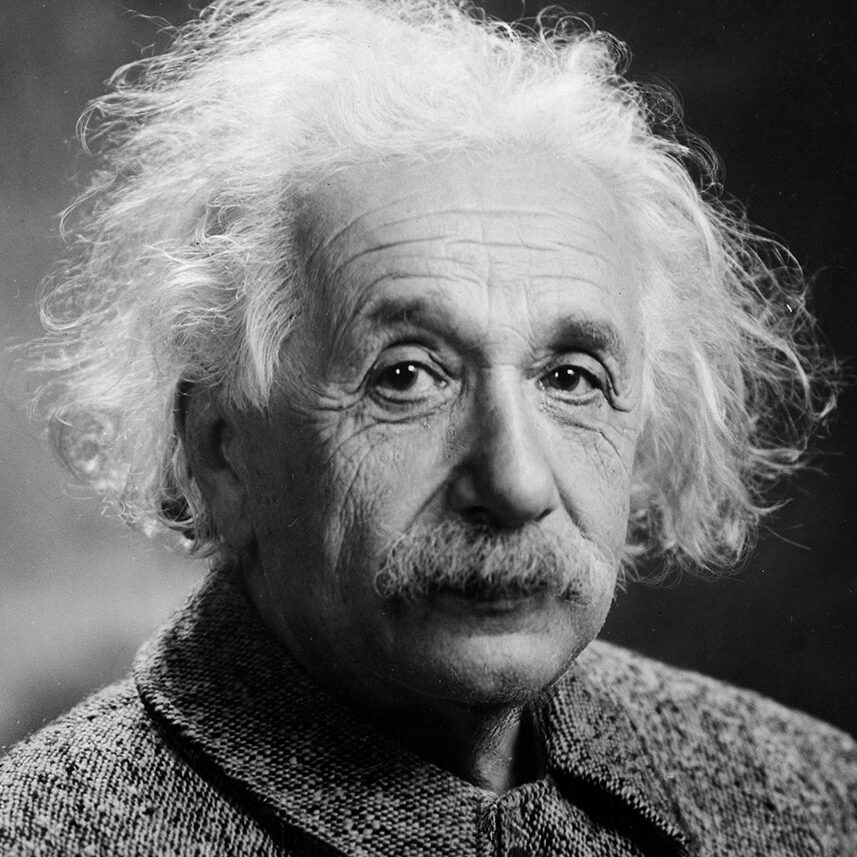
Physicist Albert Einstein fled the Nazi regime in Germany and found safety in America.
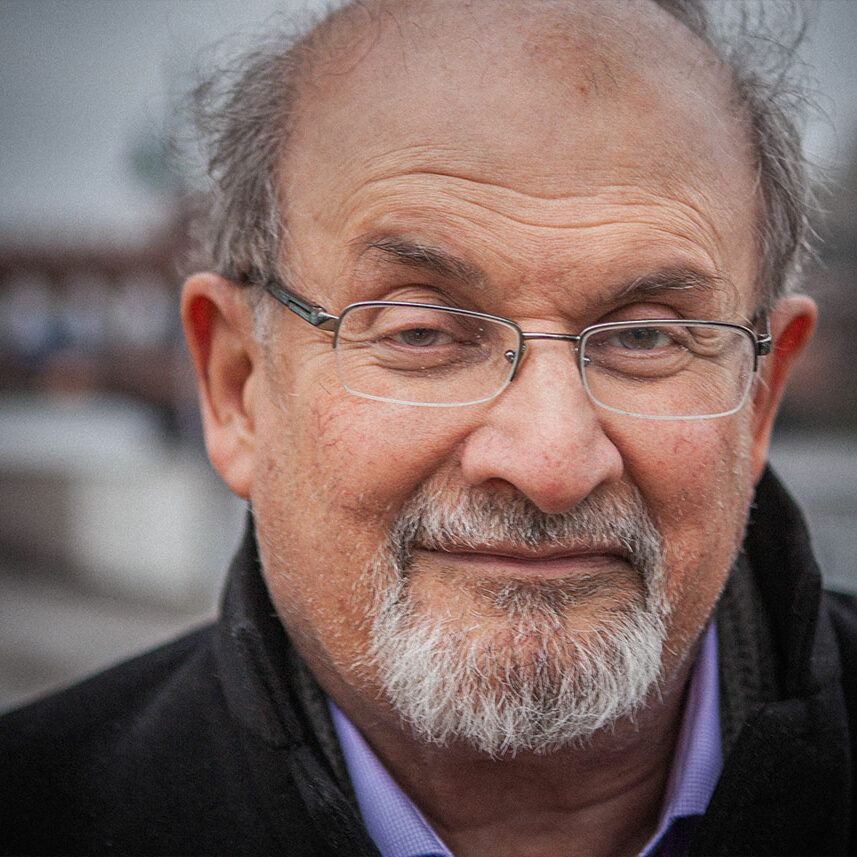
Author Salman Rushdie had a worldwide bounty on his head by Iran’s Ayatollah and found refuge in America.

Singer Gloria Estefan fled persecution in Cuba for America’s promise of freedom.
#4
Oregon has been burning down our shared history and heroes
During the recent riots, vandals toppled a George Washington statue and left graffiti reading, “Abolish America.” In a single night, they tore down statues of both Teddy Rosevelt and Abraham Lincoln and tried to burn down the Oregon Historical Society. Destroying memorials became so normalized that it spread statewide. Vandals desecrated WWII memorials, Vietnam memorials, and fallen firefighter memorials. They even tore name plates off of a fallen police officer memorial.
Oregon needs to close the chapter on rioting and open a new chapter on honoring our history’s heroes. Starting the new chapter begins with the people offering public displays of support, such as the Oregon Resolution Celebrating America’s 250th Birthday.
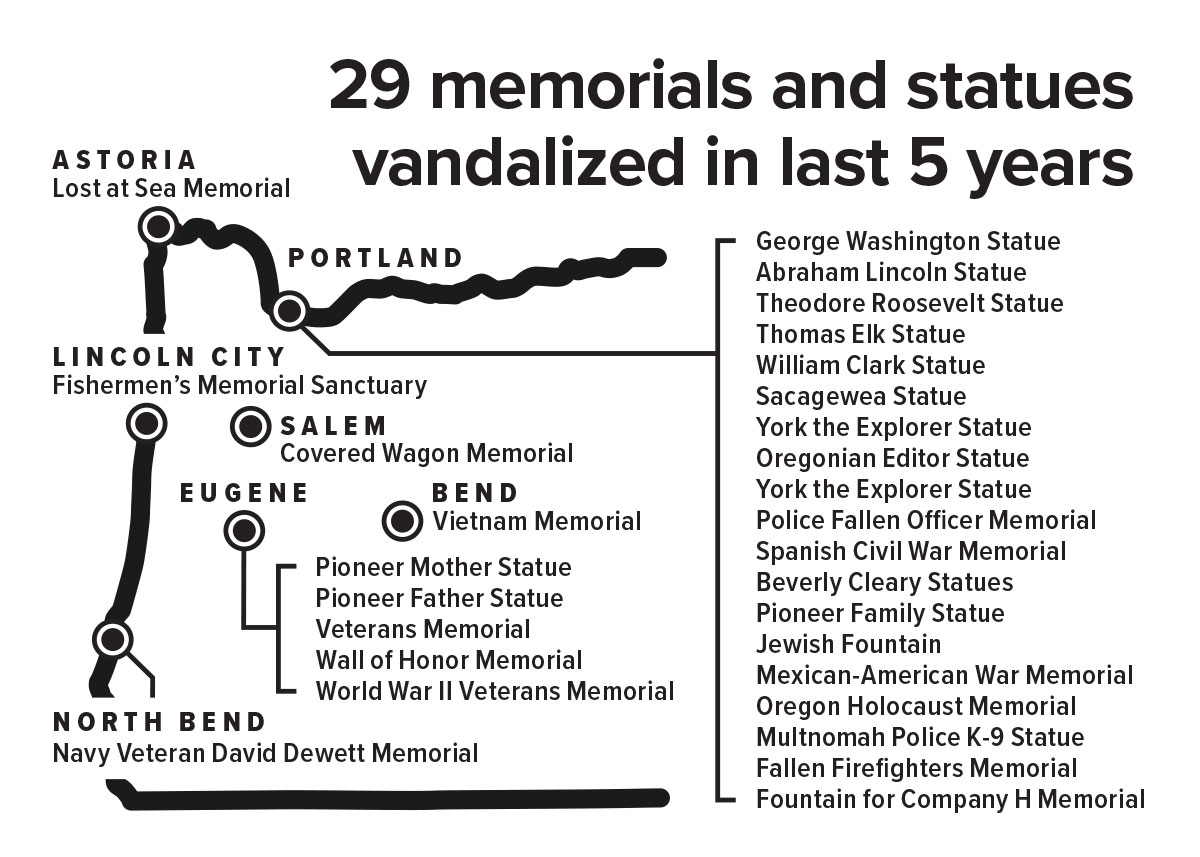
#5
A teaching tool for the younger generation
Only 13% of 8th graders were proficient in U.S. History according to the National Report Card in 2022. This is not the students’ fault, but the fault of adults and our schools. We owe it to our students to take responsibility by taking the extra time to share what we know of our shared history. Start by using this once-in-a-lifetime moment of the nation’s 250th birthday as a perfect opportunity to share our nation’s highlights and heroes with this Oregon resolution.
#6
If America chooses division and factionalism, we will be like Yugoslavia
Like America, Yugoslavia was among the world’s most diverse nations as it held together six major, extremely different ethnic-political groups. Yugoslavia kept the peace among rival groups for decades under a strong-arm ruler (which is the opposite of America, which has unity derived from shared principles and free will).
Yugoslavia had a Golden Age generation with little conflict, economic prosperity that outperformed Europe, and the 1984 Sarajevo Winter Olympics that gave the nation incredible unity, pride, and joy. The six different ethnic groups intermarried and lived in each other’s neighborhoods.
Then it all turned into a bloodbath.
Following the Olympics, both the government and economy slowly weakened at the same time. Divisive politicians among the six cultural groups saw the opportunity to pit people against each other for raw political power. These politicians conjured up century-old grievances and past crimes to inflame different ethnic, religious, and political groups to hate each other. Political activists demonized their opponents to inhuman levels and levelled Nazi accusations. Politicians rewrote school history textbooks to cast all blame for any problems on other groups. It tore families apart as inter-ethnic married couples, once the norm, now filed for divorce. Ethnic groups who once lived together in peace and harmony in the same town now moved away, preferring to live in exclusive towns of their own kind. Worst of all, war broke out across several lines, killing tens of thousands, displacing millions, and leading to acts of genocide. Yugoslavia was torn apart into seven different nations. Some 30 years later, visitors can still see abandoned homes where different people once lived in unity but were chased out and never returned. To this day, tribal groups demand their “land back” that was lost in the partitioning after the war. Once factionalism starts, it never ends.
The lesson from Yugoslavia is that a nation of diverse groups remains fragile with the possibility of tearing itself apart almost overnight. Tribal politicians can weaponize crimes from centuries ago to dehumanize and delegitimize others. One group will blame another for all of their problems and rewrite history books.
No one wants a dictator like Yugoslavia had to keep the peace. Instead, Americans rely on everyday citizens working to keep the peace among ethnic, cultural, religious, and political groups. It takes everyone working together, listening to each other and finding common ground to succeed. This Oregon resolution is meant to celebrate those common principles that bring and keep Americans working together.
Photos show both the Golden Age of ethnic/political groups peacefully working together and the factionalism era of genocide.
#7
My personal lesson on America’s importance from visiting 63 nations
“I learned to appreciate America more after traveling to 63 countries and witnessing amazing things that most people will never see firsthand.”
By Jason Williams, writer, researcher, traveler, and founder of Taxpayers Association of Oregon
As I’ve undertaken many disaster relief projects, I’m continually amazed by the flood of individual Americans who, at their own expense, immediately rush to volunteer at every earthquake, hurricane, refugee crisis, or war zone.
When I went to Haiti after the earthquake, the jumbo jet was filled mostly with church youth groups, each identified by their group’s color-coordinated shirts, going to help the devastated nation rebuild. Even in the most remote and forgotten places, I have witnessed American volunteers of all ages showing up in large numbers to help — outnumbering volunteers from other nations ten to one.
While visiting Nepal after an earthquake, I was approached by two rural children who were fascinated by our presence. After a chat, I shook their hands to say goodbye. One child looked shocked that I shook his hand and,yelled, “What Caste are you?” I had completely forgotten that, as a poor child, he was among the untouchable caste, cursed for life, destined to be avoided and never touched, spoken to, or seen. I told him, “I am from America, where there is no caste system, and we are all equal.” It struck me deeply that millions of people still live in obscene inequality, and I stood in the midst of it in rural Nepal. Once surrounded by the darkness and heaviness of oppression, you notice how vital and bright your own light of liberty truly is.
When I visited the Normandy beaches, an elderly French man walked up to me and asked, “You American, yes?” After my reply, he looked me deep in the eyes and said, “Thank you. Thank you. Thank you.” This man had lived through World War II and never stopped thanking Americans. Not just in France, but everyday people I met in Iraq, Ukraine, and Grenada were also extremely thankful for America’s role in rescuing their countries. This gratitude is everywhere. We need to recognize and appreciate it.
When I visited south Vietnam to help an orphanage, my host immediately wanted to share how much he admired George Washington. I wondered if this sentiment was contrived until I saw George Washington items sold around town. If the Vietnamese celebrate George Washington, why can’t we in Oregon? In a poor part of Saigon, I saw a language advertisement sign that read, “The more English you know, the more choices you have in life.” That sign encapsulated everything about our American advantages and blessings.
I have been to Cuba and seen the empty shelves. I have been in police-state nations where you must self-censor, even in the privacy of your room with friends. I met refugees who traveled thousands of miles and spent all their money trying to enter Europe so they could be free. My 63-nation journey has shown me that what we have in America is so desperately needed in the world.
This is why I am so devoted to celebrating our culture, our values, and our history.
With 7 compelling reasons to support the Oregon Resolution, please consider signing and sharing the petition, and participating in our Gratitude Project by telling your thankfulness story.
Consider downloading the petition and sharing it with family, friends, and co-workers. Walk your neighborhood for signatures and share the resolution at your church or local Rotary club, Chamber, or Grange.
You can also help us reach 1,000 stories of thankfulness by participating in our Gratitude Project. Join other patriotic Oregonians by sharing a brief story about why you are thankful to live in America.
